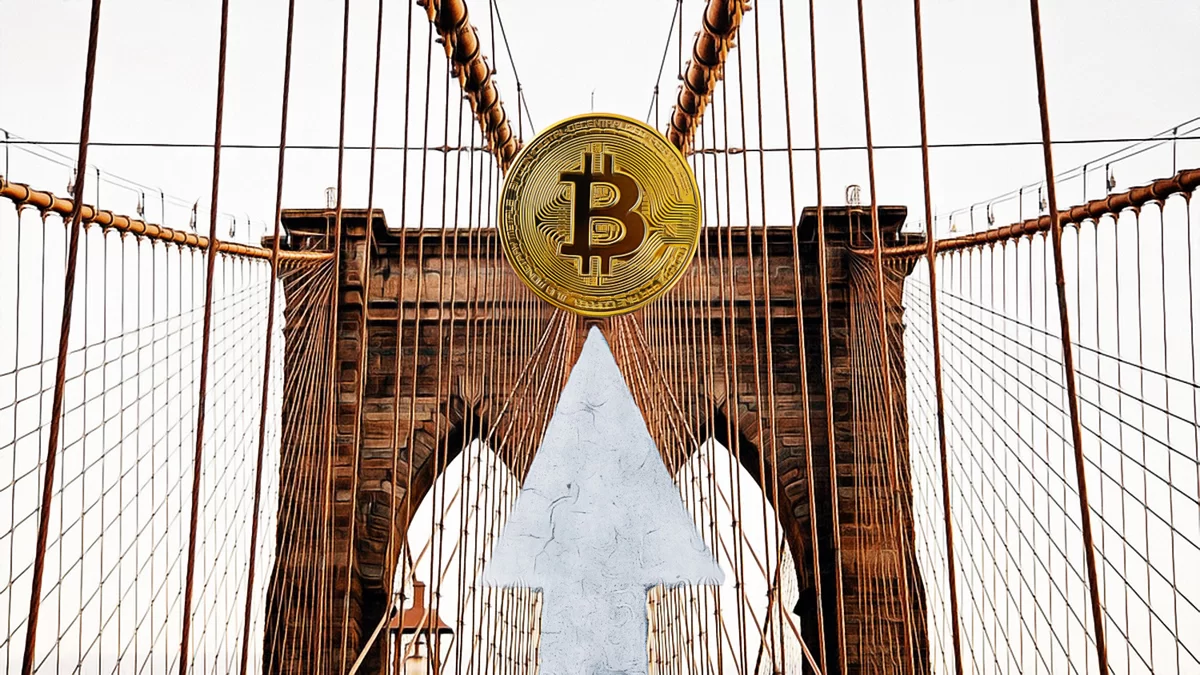Developments in the blockchain field continue to attract attention day by day. Accordingly, the Japanese blockchain gaming community has applied to the Liberal Democratic Party to improve liquidity in Japan’s crypto asset market. On February 21st, Ryo Matsubara, director of a GameFi blockchain project called Oasys, visited the LDP’s digital society promotion center to discuss the current landscape on behalf of Japanese blockchain gaming projects.
Notable Steps in the Web3 Space
Matsubara acknowledged that recent tax laws and the LPS Act have encouraged ease of doing business for newcomers. However, he expressed concerns about strict regulations that reduce liquidity in Japan and directly harm the growth of the GameFi ecosystem.

Regulations that encourage users to invest safely in cryptocurrencies and the blockchain economy could see a sudden increase in liquidity with more buyers and sellers entering the market. Oasys plans to continue collaborating with the government to ensure the global competitiveness of the Japanese Web3 market. Matsubara believes in the potential of Japan to reclaim its iconic gaming past in Web3:
“If Japan regains its liquidity, we will be the hottest market because we have a lot of attractive content.”
Japan and the Crypto Sector
Initially skeptical about adopting crypto, Japan has recently started to soften its stance towards the technology. In September 2023, it was reported that the Japanese government began planning to allow startups to raise public funds through the issuance of crypto assets.
At that time, Japanese Prime Minister Fumio Kishida reiterated the country’s commitment to promoting the Web3 industry. He also highlighted the sector’s potential to transform the internet and trigger social change.
More recently, Japan’s main financial regulator, the Financial Services Agency (FSA), proposed various measures to protect users from illegal transfers to crypto exchanges, one of which could significantly affect the peer-to-peer (P2P) transaction market. The FSA and the National Police Agency (NPA) encouraged banks to protect users by referring to several key initiatives:
“Stopping transfers to crypto asset exchange service providers if the sender’s name is different from the account name.”
According to a section in the press release, it explains that the suspension of crypto transfers with mismatched names should be expanded to cover both individual and corporate accounts.









